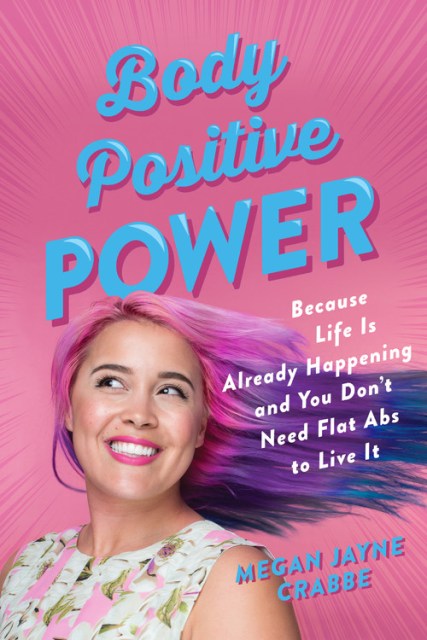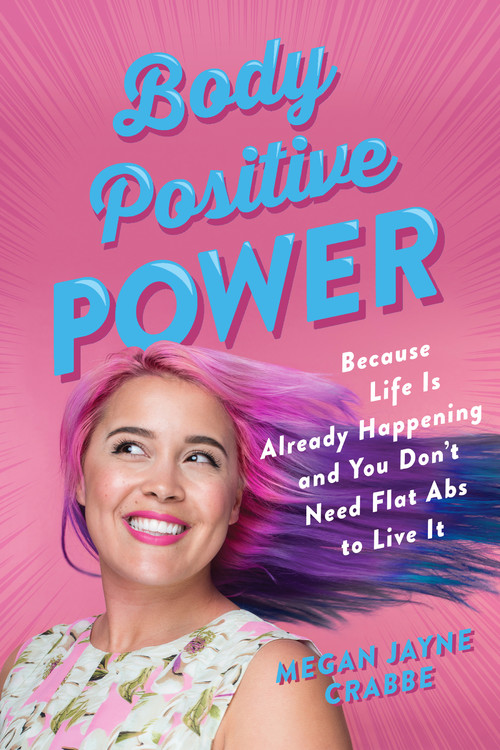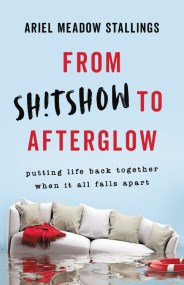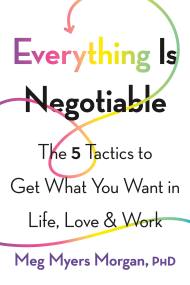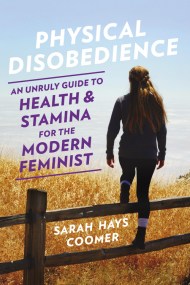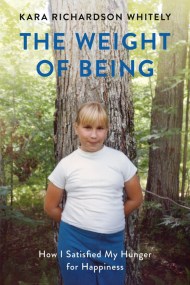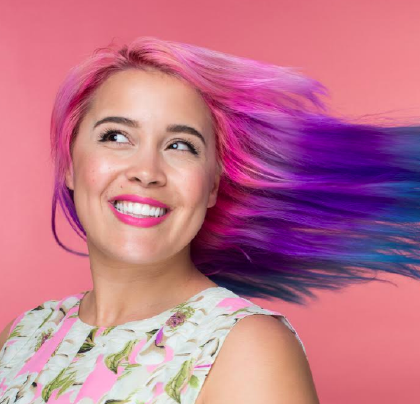By clicking “Accept,” you agree to the use of cookies and similar technologies on your device as set forth in our Cookie Policy and our Privacy Policy. Please note that certain cookies are essential for this website to function properly and do not require user consent to be deployed.
Body Positive Power
Because Life Is Already Happening and You Don't Need Flat Abs to Live It
Contributors
Formats and Prices
- On Sale
- Sep 11, 2018
- Page Count
- 304 pages
- Publisher
- Seal Press
- ISBN-13
- 9781580058230
Price
$16.99Price
$22.99 CADFormat
Format:
- Trade Paperback $16.99 $22.99 CAD
- ebook $11.99 $15.99 CAD
- Audiobook Download (Unabridged)
This item is a preorder. Your payment method will be charged immediately, and the product is expected to ship on or around September 11, 2018. This date is subject to change due to shipping delays beyond our control.
Buy from Other Retailers:
For generations, women have been convinced that true happiness only comes when we hit that goal weight, shrink ourselves down, and change ourselves to fit a rigid and unrealistic beauty ideal. We’ve been taught to see our bodies as collections of problems that need to be fixed.
Instagram star Megan Jayne Crabbe is determined to spread the word that loving the body you have is the real path to happiness. An international body positive guru with fans in all corners of the world, Megan spent years battling eating disorders and weight fluctuations before she found her way to body positivity. She quit dieting, discovered a new kind of confidence, and replaced all those old feelings of body shame and self-recrimination with everyday joy. Free of the pressure to fit in a size 2, her life became more satisfying than ever before.
In her debut book, Megan shares her own struggles with self-acceptance and her path to body positivity. With whip-smart wit and a bold attitude that lights up her Instagram feed, Megan champions a new worldview for all of us: It’s time to stop dieting and get on with your life.
-
"Megan Jayne Crabbe... isn't letting critics get in the way of her confidence."The TODAY Show
-
"Her message is simple, but incredibly healing."Bustle
-
"[Megan has] gained a confidence and an understanding of herself that few truly possess. Brava, Megan Jayne!"Allure
-
"[Body Positive Power] will make you laugh, cry, and love yourself a lot harder."Hello Giggles
-
"Insightful, inspiring, incredible."Ravishly
Newsletter Signup
By clicking ‘Sign Up,’ I acknowledge that I have read and agree to Hachette Book Group’s Privacy Policy and Terms of Use
